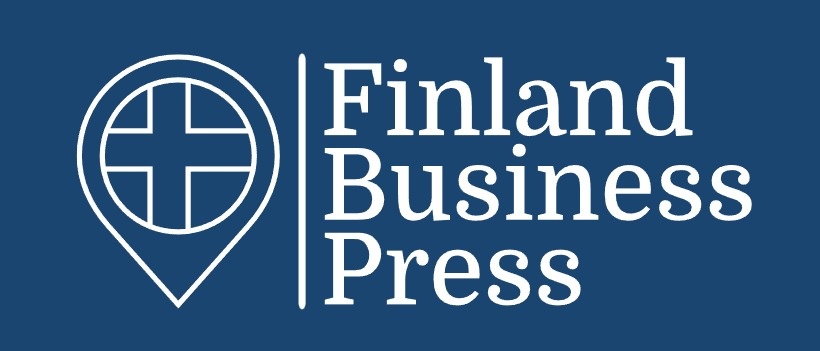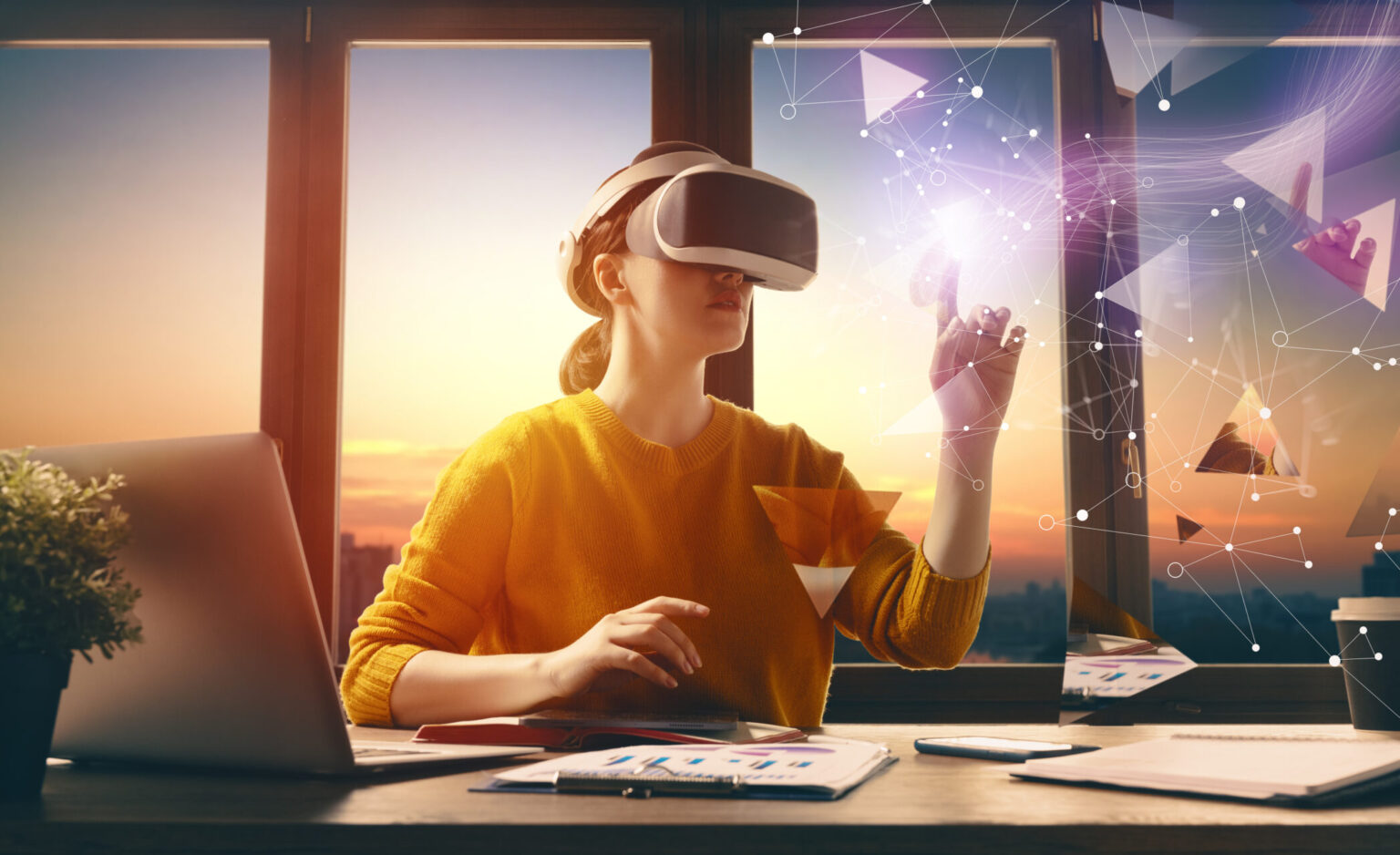VR glasses enable experiencing other realities, as VR technology offers virtually unlimited opportunities to explore the virtual world, from space to the human body. VR glasses are used for learning and development purposes as well as for gaming and entertainment. At Laurea University of Applied Sciences in Finland, VR glasses have been used in teaching and project work since 2019, and they’ve been applied in a variety of ways to nursing teaching in particular.
“It is great to be involved in the utilisation of such new technology, as this opens up enormous opportunities,” says Pirjo Huikko, Senior Lecturer in Nursing at Laurea.
According to Huikko, so far, internal medicine teaching has made the most use of virtual reality, with the help of the Share Care Pro application. The students have been able to examine, among other things, the anatomy and physiology of the lungs. They have examined the lungs of both an asthma patient and a patient with chronic obstructive pulmonary disease.
“The application enables its adjustment, for example, for the different severity levels of asthma, with the patient being administered inhalable medicine, whereby the students can see how the medicine works and how the asthma attack is being relieved,” Huikko says by way of illustration.

The student can walk with VR glasses into the various structures of the heart and see the clogged coronary arteries.
In connection with cardiac diseases, the students have been able to examine the coronary arteries of a person with coronary artery disease.
“The student can walk with VR glasses into the various structures of the heart and see the clogged coronary arteries. Then, wearing the glasses, he or she can perform a treatment operation known as balloon angioplasty,” says Huikko.
“The Share Care Pro application is a huge asset for students studying nursing.”
In the field of mental health and health care, Laurea has produced various 360 videos for use with VR glasses.
“On the mental health side, we have made, for example, a video on the experience of schizophrenia, which simulates the sound and visual hallucinations that a person with schizophrenia might experience,” says Pia Lahtinen, Senior Lecturer in Nursing at Laurea.
“On the health care side, VR glasses and 360 videos enable students to ostensibly access, for example, a public health nurse’s office and follow a child’s health examination at a child health clinic.”
Pia Lahtinen hopes that in the future, more 360 videos of situations in which students may not be able to participate during their studies could be included in teaching. VR glasses enable the user to experience different situations in a safe manner.
“There is a constant stream of news from around the world indicating how, especially during the coronavirus outbreak, VR glasses have made amazing things possible.”
“The Corona pandemic is also likely to accelerate the development of virtual reality and the entry of new applications into the market.”
Although the possibilities for VR glasses are almost unlimited, their implementation is not yet at the same level.
“Various actors have manufactured a large number of VR glasses for their personal use only, which means that, for the time being, they are only available to a limited extent. Only a few applications have been commercialised,” says Pirjo Hulkko, dissatisfied with the situation.
VR glasses inspire learning
A development group for the utilisation of VR glasses, consisting of five senior lecturers in nursing, operates at Laurea’s Otaniemi campus: Anna-Kaisa Hankaniemi, Pirjo Huikko, Pia Lahtinen, Minna Nikula, and Anna Ojala. In addition to teaching, the group also conducts research and publishes articles related to virtual reality, collecting feedback and demonstrating VR glasses to various target groups.

The group recently published a new paper on how virtual reality inspires nursing and public health nursing students to learn. For this purpose, feedback was collected from more than 100 students on the use of VR glasses in their studies.
“Comments received from students are really inspiring, and it is a pleasure to be teaching,” says Pia Lahtinen.
“The students have provided feedback, among other things, on how well they are learning using the VR glasses, and they would like to see them applied more widely to their studies. You seldom hear such superlatives, meaning how great and wonderful this is.”
According to the students, they get absorbed in the study themes in a completely different way with VR glasses
In connection with using VR glasses, there is talk about immersion, i.e., immersion in virtual reality.
“According to the students, they get absorbed in the study themes in a completely different way compared to watching videos in a classroom, for example,” says Pia Lahtinen.
“In the past, students used to look at pictures in textbooks, but now, thanks to the VR glasses, they can walk inside the lungs and examine them from within,” says Pirjo Huikko.
Projects and new technology
In addition to VR glasses, Laurea has also introduced other new technologies, such as a speech-controlled, head-mounted smart camera. This enables online streaming and recording of teaching situations that require meticulousness.
“For example, when demonstrating venous blood sampling, a video is displayed on the screen in real time, with all students being able to see the procedure close up,” Pirjo Huikko says.
In addition to VR glasses and a speech-controlled camera, Laurea also uses various robotics, such as the Double3 remote presence device and the Pepper robot. They have been utilised and will be utilised in projects, along with partners.
Sari Heikkinen, Research Programme Director from the Sustainable and versatile social and health care research programme, says that, within RDI activities, project work on VR glasses is also being carried out, and project applications are being submitted.
“As it is, we already have equipment and expertise and have conducted testing to such an extent that it will definitely be used in projects as well,” she says.
“New projects are being planned, and we should always look at applications from the point of view of our specific competencies and expertise. Within the framework of such projects, we might be able to develop something different and forge both national and international partnerships.”
In the future, new business might also be developed from Laurea’s VR expertise.
“That is definitely an opportunity for us. Laurea has no shortage of expertise or imagination; rather, on the contrary,” says Sari Heikkinen, clearly pleased.

